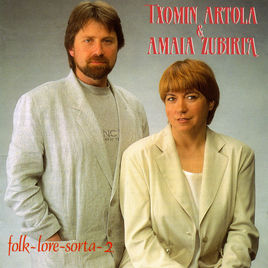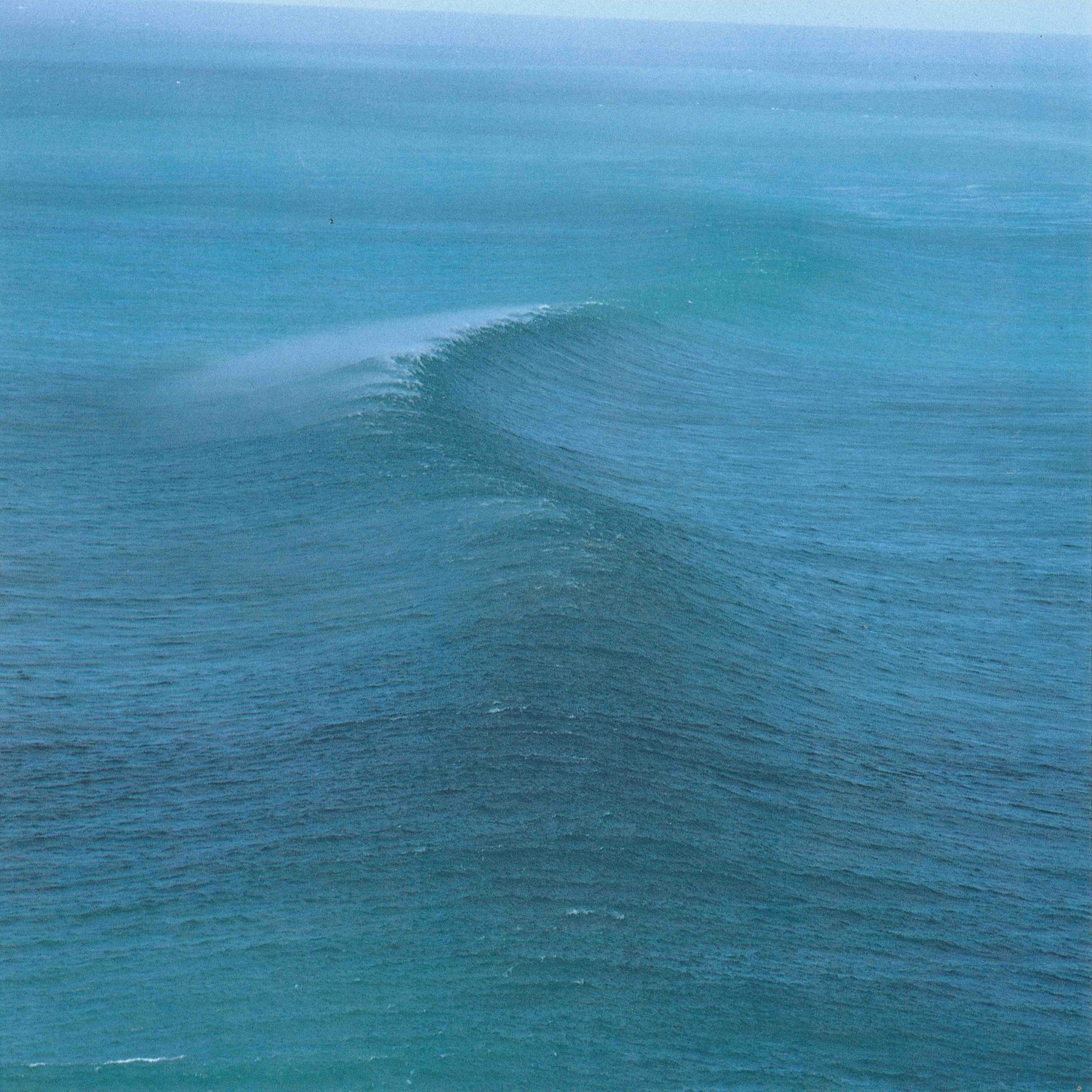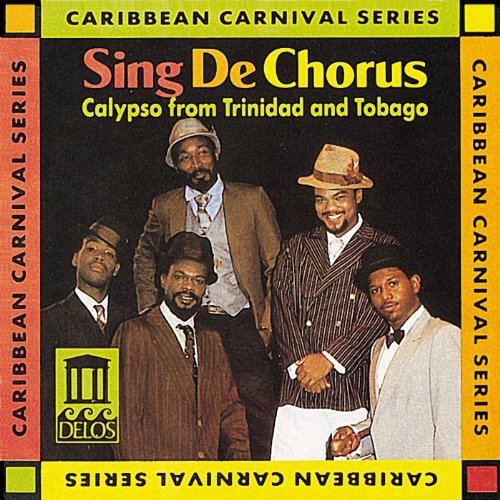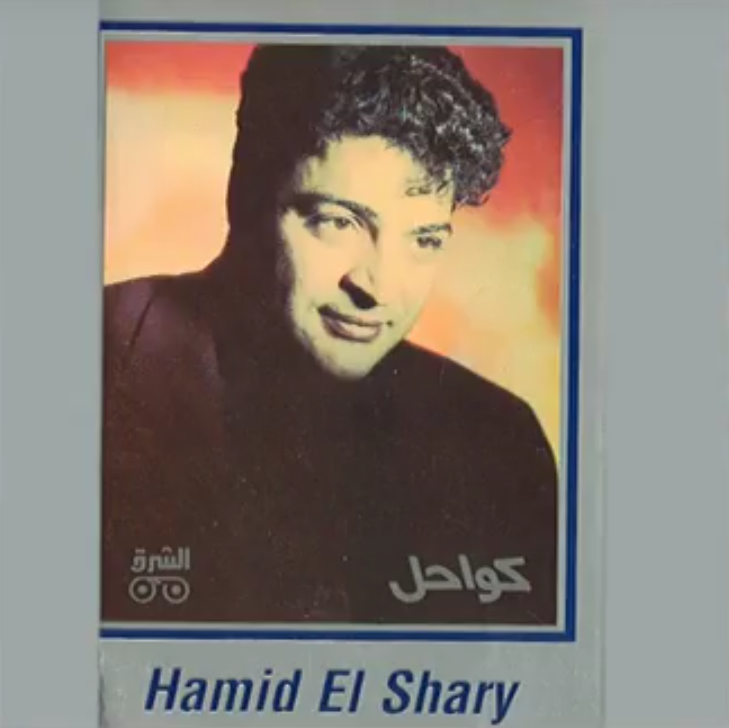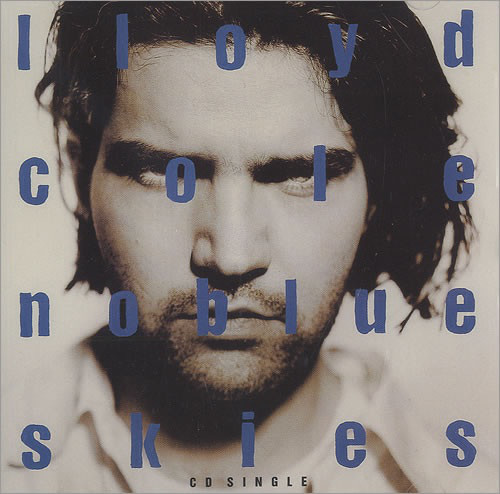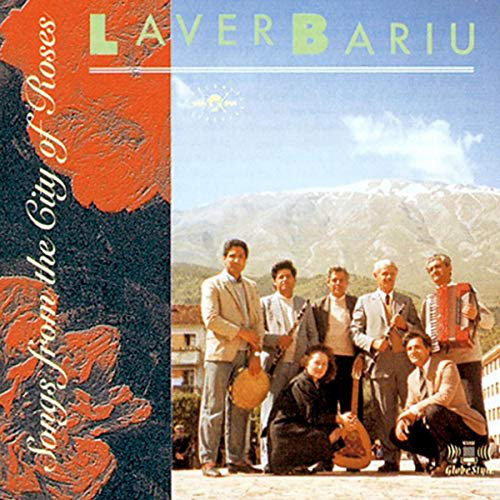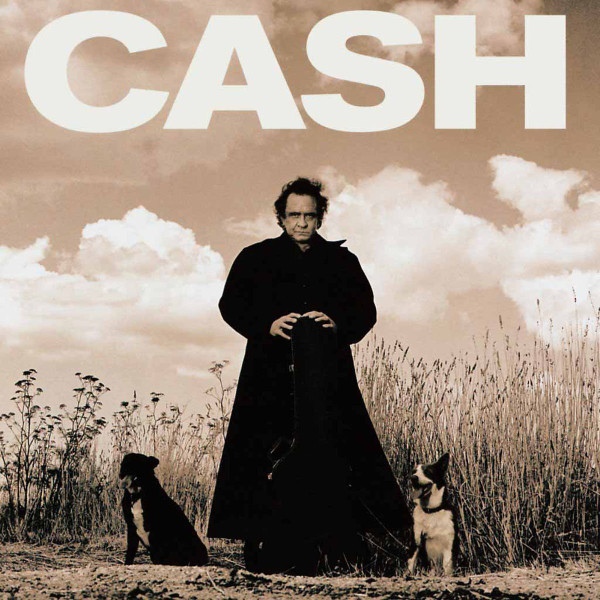
“Tennessee Stud” (1993) – Johnny Cash * Written by Jimmy Driftwood * Produced by Rick Rubin * LP: American Recordings* Label: American Recordings
Rightfully celebrated for providing the overdue bare-bones presentation Johnny Cash’s legend demanded, the Rick Rubin-produced American Recordings album also had a bone-dry sound of sonic disinfection, which risks coming off as disaffection (if you’re not Johnny Cash). It’s a trend in solo acoustic recordings of the ’90s, like Bob Dylan’s Good as I Been to You (1992) and World Gone Wrong (1993), both of which sounded as if all involved wore hazmat suits. The overwhelming backdrop silence plays counter to the very trueness the recording philosophy espoused.
Cash’s recording of “Tennessee Stud,” then, stands out because it happens at the Viper room on Sunset Strip in front of a crowd of giddy and supportive invite-only attendees. So there’s the kind of human-contact atmosphere that served his beloved At Folsom Prison album so well. The nature of the audience doesn’t matter so much. As Tony Tost writes in his 33 ⅓ treatment of the album, they “cackle and hoot like refugees from the Hee Haw cornfield,” but their responses to the song echo the responses you’re supposed to have.
First recorded in 1959 by the one-man folk song factory Jimmy Driftwood, “Tennessee Stud” became a staple in the repertoires of Doc Watson and many others. The song recounts the exploits of a rounder who slips out of dangerous situations on his “long and lean” horse who’s got nerve and “the blood.” His adventures begin with confrontations between him and his sweetheart’s kin, and end with him straightening it all out by whipping her brother and pa.
The crowd whoops it up during this last section and you realize that you’re listening to the ultimate version of the song. You’re hearing the intimidating man depicted on the American Recordings album cover, who confirms he has just arrived to whip somebody. And when you—yes, you—later reach the inevitable times in life when you’re called upon to whip the proverbial pa, you’ll draw your resolve from Johnny Cash’s 1993 version of “Tennessee Stud.”
Media uses/misuses: Jackie Brown (1997)


